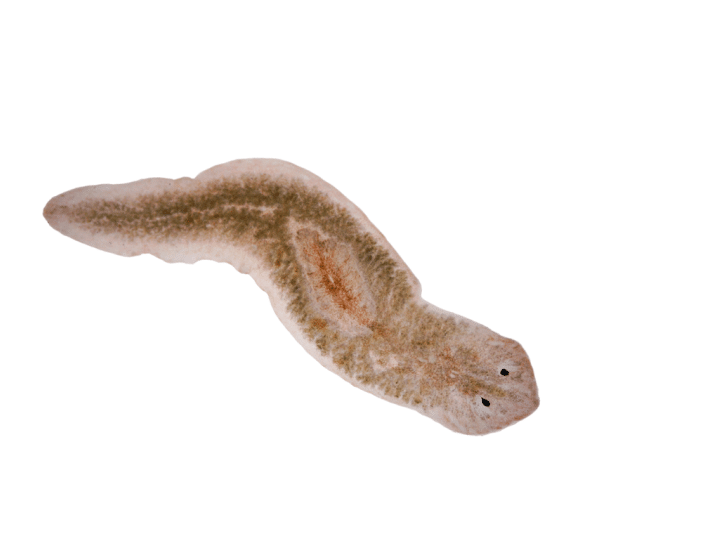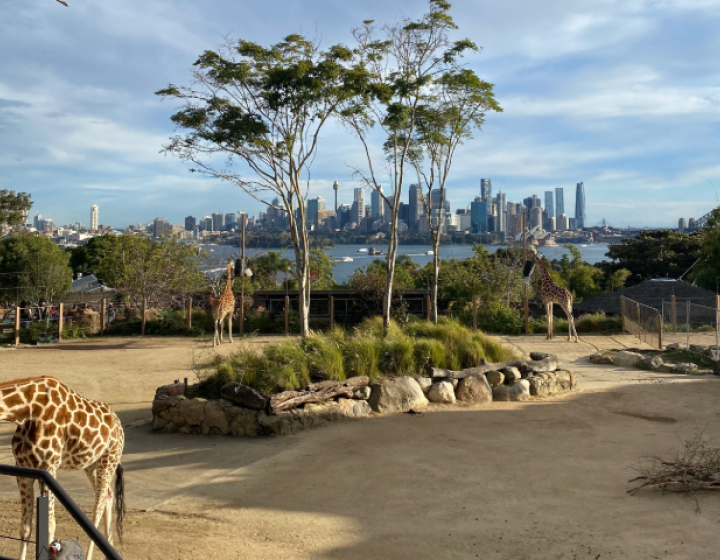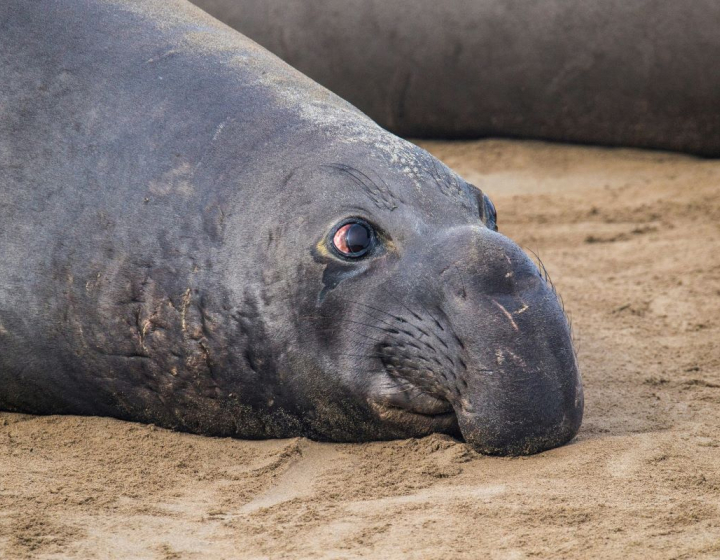Rory Todhunter, Ph.D. ’92, appointed as inaugural director of the Cornell Richard P. Riney Canine Health Center
Rory Todhunter, Ph.D. ‘92, professor of surgery in the Department of Clinical Sciences at the Cornell University College of Veterinary Medicine (CVM), has been named the inaugural director of the Cornell Richard P. Riney Canine Health Center (RCHC). Todhunter will assume the position immediately.
Launched with a transformational gift in 2021, the RCHC builds upon the long legacy of scientific inquiry and innovative clinical care at CVM, uniting over 50 experts across the college to advance research, engagement and outreach that will improve the lives of dogs and their owners around the world. The center, since launch, has awarded $1,795,929 in internal grant funding to support 16 canine health studies across a diverse range of disorders, including aging, behavior, cancer biology, genetics and genomics, infectious disease, immunology and nutrition. This includes a study conducted by Todhunter and his colleagues on Legg-Calve-Perthes disease (a devastating condition causing hip pain and lameness in growing small breed dogs) and the efficacy of low-pass whole genome sequencing to identify unbiased genetic polymorphisms associated with canine hip dysplasia.
“Dr. Todhunter’s leadership and academic contributions make him an exceptional candidate to take on the first directorship of the new center here at the College of Veterinary Medicine which focuses on canine health,” says Lorin D. Warnick, D.V.M., Ph.D. ’94, the Austin O. Hooey Dean of Veterinary Medicine. “His longevity as part of the college community, innovative and collaborative approach to clinical work paired with his research focus on genetics has been an asset to the college for many years and will serve the center well in its outreach mission to educate a broader community through the work of the Riney Canine Health Center.”
Todhunter received his B.V.Sc. from the University of Sydney and was in private veterinary practice in Newcastle, Australia for two years, and then the United Kingdom. As a resident at Michigan State University, Todhunter undertook an M.S. degree in equine surgery. He was an instructor in the Large Animal Hospital at the Cornell College of Veterinary Medicine from 1983-1986. He conducted research at the Baker Institute for Animal Health and completed a Ph.D. in osteoarthritis here at Cornell in 1992. He has been in small animal surgery at the Cornell University Hospital for Animals since 1993 and is currently Professor of Surgery in the Department of Clinical Sciences. His clinical work is in small animal orthopedics and neurosurgery and his research focuses on the genetics of complex traits in which genetics and environment interact to cause disease. He is a Diplomate of the American College of Veterinary Surgeons and a member of the Australian College of Veterinary Scientists.
Inspired by Dr. George Lust, physiological chemist at the Baker Institute for Animal Health, whose lab he trained in for his Ph.D., and the myriad inherited orthopedic conditions he has treated in the Cornell University Hospital for Animals, Todhunter’s ongoing research combines perspectives of basic scientific research to clinical application. He is interested in the broad sweep of orthopedic genetic research with a focus on prevention in our companion animals. His approach is exemplified in his search for genetic markers (single nucleotide polymorphisms) that point to the causal genes underlying the development of canine hip dysplasia, rupture of the cranial cruciate ligament and elbow dysplasia in dogs.
“Our goal when establishing the Riney Canine Health Center was to make scientists more accessible, research more relatable and veterinary knowledge more actionable,” says Dr. David Lee ’88, D.V.M. ’94, M.B.A. ’99, CVM’s associate dean for external programs. “I’m so pleased to see Dr. Todhunter taking the reins to expand on this mission. His expertise gained from so many years of experience both in providing clinical care, as well as conducting cutting edge research, paired with his approachable and caring demeanor is exactly what will help us reach dog owners that want to be equipped with the knowledge of how they can keep their pets living longer, healthier, happier lives.”
Todhunter will play a critical role in advancing the work of the RCHC and fostering collaboration among faculty participating in canine research. Faculty affiliated with the center include two who were recently appointed and supported through the gift made in 2021 by the Richard P. Riney Family Foundation, Dr. Jacquelyn Evans, assistant professor in the Department of Biomedical Sciences and part of the Baker Institute for Animal Health, and Dr. Erin Scott, associate professor of ophthalmology in the Department of Clinical Sciences. Scott’s research focuses on eye tissues and diseases, and Evans’ research focus is on canine genetics. All will play a key role in helping dogs live longer, healthier, happier lives.
Article written by Heather Hughes





